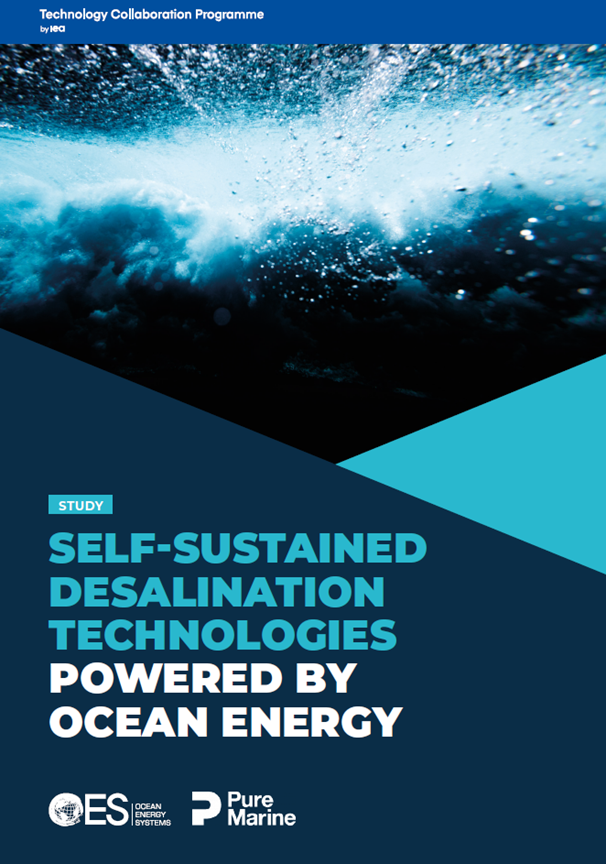e study notes a shift towards smaller, decentralized desalination plants due to environmental regulations and the high energy costs associated with larger facilities. Approximately 1,000,000 m3/day are currently processed by small-scale plants, with projections suggesting a growth of an additional 2,000,000 m3/day by 2030.
Potential of Ocean Energy
Despite the current relatively high cost of electricity generated via ocean energy, there is a promising outlook for ocean energy-powered systems in the small-scale desalination market. The study highlights ongoing pilot projects like the OTEC plant in Kavaratti, India and various small-scale, wave-powered technologies being developed in Europe and North America.
Dr. Purnima Jalihal, who supervised the study, emphasized the relevance of this research to current global challenges: "This study highlights the possibility of diesel displacement for small-scale desalination plants in coastal areas or islands and also aligns with the global shift towards sustainable and renewable energy sources."
IEA-OES Chairman Matthijs Soede remarked, “This study in line with our vision to integrate ocean energy technologies with essential services like desalination, aiming to foster sustainable development and resilience in vulnerable regions across the globe”.
Key Recommendations
The study makes several key recommendations to capitalize on these opportunities:
1. Provide market incentives for the deployment of ocean energy-powered desalination systems.
2. Develop partnerships with developing countries, particularly where water scarcity issues are greatest and ocean energy resources offer a competitive means of powering desalination plants to meet their needs.
3. Continue to support R&D to accelerate the deployment of demonstration projects and further innovate the technology.
Download
here.


 Expanding Market and Technological Innovations
Expanding Market and Technological Innovations